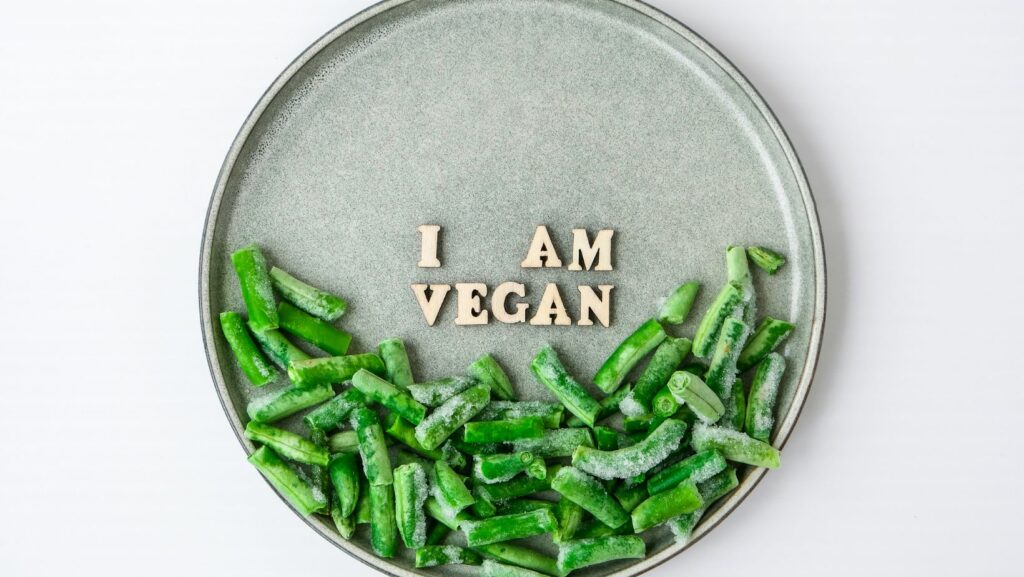Embracing a vegan lifestyle can seem daunting at first glance. With a world so heavily reliant on animal products, one might wonder how it’s even possible to transition seamlessly. Fear not, for this article is here to shed light on some effective vegan lifestyle hacks that can make the transition smoother and more enjoyable.
Vegan Lifestyle Hacks for Transitioning to Vegan

Embracing the vegan way, individuals find these essential lifestyle hacks instrumental, guiding them through the transition phase. Firstly, swap animal-derived ingredients for vegan alternatives. For instance, almond milk can easily replace cow’s milk in recipes. Secondly, it’s crucial to understand label reading. Labels bear secrets and uncover hidden animal derivatives in products one might initially perceive as vegan. Thirdly, meal planning proves invaluable, eliminating the stress associated with sudden food decisions. Examples of meal plans include a green smoothie for breakfast, a lentil salad for lunch, and a vegetable stir-fry for dinner. Lastly, joining local vegan communities offers an instant support system, sharing similar experiences, tips, and favourite vegan spots. Remember, patience is key in this journey, every step taken is a step closer to a vegan lifestyle.
Understanding the Basics of a Vegan Lifestyle

A vegan lifestyle, being more than a diet, encompasses a variety of constraints. Embracing veganism means avoiding animal products, not just in eating, but also in clothing, cosmetics, and more. It entails supporting animal rights, recognizing ecological benefits, and enjoying a health-conscious approach to living. To transition successfully, understanding label reading is paramount. Unearthing hidden animal derivatives, like casein, honey, gelatin, and shellac, verifies a product’s vegan status. Many supermarkets offer comprehensive label guides.
Furthermore, effective meal planning eases the transition. A balance between proteins, fats, carbohydrates, and nutrients is achievable with a wide variety of plant foods. Chickpeas, quinoa, and spinach, to name a few, are nutrient-rich choices. Pre-planning meals helps to streamline weekly shopping and dodge unhealthy food choices. In addition, exploring vegan substitutions is essential. Almond milk can replace cow’s milk, and agave nectar can serve as a honey substitute. Connecting with local vegan communities provides support and insider tips. They can share recommendations about vegan-friendly restaurants and local shops that cater to vegans.
Overcoming Common Challenges in Transitioning to Vegan

The transition toward a vegan lifestyle involves certain obstacles. Initially, individuals may struggle with cravings for animal-based products. To combat this, consider incorporating flavorful vegan substitutes such as nutritional yeast for cheese and tofu for meat. Nutrition also contributes to a successful transition; it’s essential to ensure regular consumption of nutrient-dense plant foods, fortified with vitamins D, B12, and other essential elements.
Difficulties may arise during social events or eating out. Many people find explaining their dietary choices tiring, especially in settings that lack vegan-friendly options. Anticipate these situations with strategies like carrying portable vegan snacks or researching restaurant menus in advance.
Remember, slow transitions often yield successful results. It’s not about perfection, but consistent effort. Their contribution towards animal welfare and lessening environmental impact makes their efforts worthwhile. Keep expectations realistic, facing setbacks with resilience, and savor the journey towards aligning their actions with their values. By addressing these challenges head-on, they can successfully adopt and maintain a compassionate, vegan lifestyle.
Quick and Easy Vegan Recipes for Beginners
Transitioning to a vegan lifestyle doesn’t have to be daunting. It’s about taking it one step at a time and making well-informed choices. Swapping animal-derived ingredients for vegan alternatives, understanding labels, and effective meal planning are all part of the journey. It’s not just about diet, but a broader commitment to animal rights and reducing environmental impact. Overcoming obstacles like cravings and social event challenges can be managed with flavorful vegan substitutes and proper nutrition. Remember, slow and steady wins the race. With patience, consistent effort, and realistic expectations, you’ll find that adopting and maintaining a compassionate, vegan lifestyle is not just possible, but rewarding.

